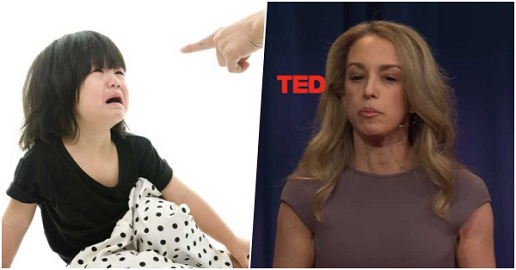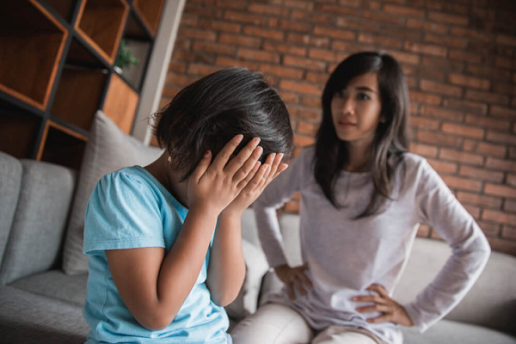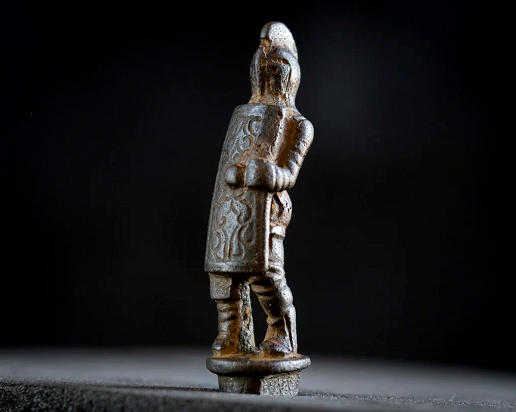Should parents apologize after yelling at their children? Many parents may have faced this dilemma. They speak kindly to their child, but when the child doesn’t listen, they lose patience and get angry, only to regret it afterward. However, the rift in the parent-child relationship doesn't heal automatically. Renowned U.S. parenting expert Dr. Becky Kennedy offers advice — apologizing is the first step in mending the relationship and is key to giving your child love and security.
Dr. Kennedy, a trusted figure among parents and a mother of three school-aged children, emphasizes that no matter how much regret parents may feel after losing their temper, simply letting time pass won’t erase the impact on the child’s emotional well-being. Action must be taken, and apologizing is the best way to begin the process of healing the relationship. Dr. Becky Kennedy, a renowned American psychologist, suggests that it is never too late to repair the cracks in the relationship with your child. (Photo / Heho)
Dr. Becky Kennedy, a renowned American psychologist, suggests that it is never too late to repair the cracks in the relationship with your child. (Photo / Heho)
In her TED talk, Dr. Kennedy explains that parental reflection and a sincere apology can help children reframe their memories of difficult moments, reducing feelings of loneliness, sadness, and anger. When parents say, “I’m sorry,” and explain why they lost their temper, children are better able to understand that their emotional reactions are normal, and in the process, they feel their parents’ love and care.
When parents lose their temper and say things they shouldn’t or act excessively, it can leave children feeling scared, lonely, and even guilty. However, when parents sincerely apologize afterward and promise to improve next time, children will feel loved and understood rather than trapped in guilt. This is the core of mending the rift, allowing children to feel the apology and love from their parents and not feel as hurt.
What if parents have been angry with their children for years, causing a gradual distancing in the relationship? Dr. Kennedy reassures us that it’s never too late to repair the relationship. She emphasizes that even small changes can have a profound impact on parent-child relationships. At any time, expressing an apology and conveying a message of love can always bring about positive change. Dr. Becky Kennedy said that even small changes can have a profound impact on children and the parent-child relationship. (Photo / Heho)
Dr. Becky Kennedy said that even small changes can have a profound impact on children and the parent-child relationship. (Photo / Heho)
Many parents say they start by reasoning calmly, sometimes repeating themselves multiple times, such as, “Please go to bed,” but when the child doesn’t listen, they eventually snap. Dr. Kennedy advises that instead of yelling, parents should say to their child, “I’m sorry for yelling at you last night. I think neither of us wants that to happen again. Let’s figure out how we can make going to bed easier. Do you have any ideas?”
When parents believe that their child has the ability to collaborate with them on improving the situation, the child will start to show goodwill and become better at problem-solving. This kind of interaction not only heals the rift but also helps the child learn how to find solutions in difficult situations.
Even small changes can bring new opportunities to the parent-child relationship. A sincere apology is not only a sign of love but also a valuable chance to teach children how to face mistakes and repair relationships.







